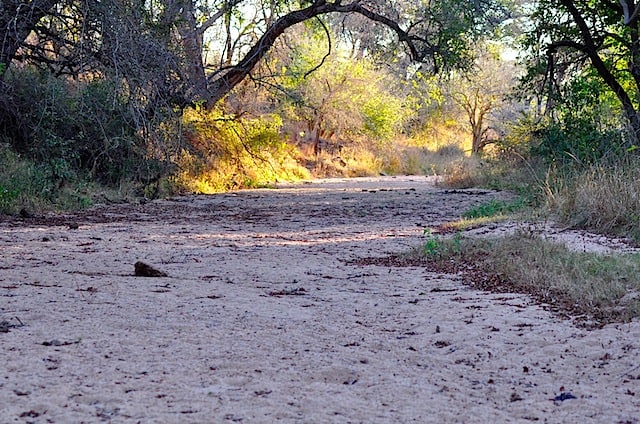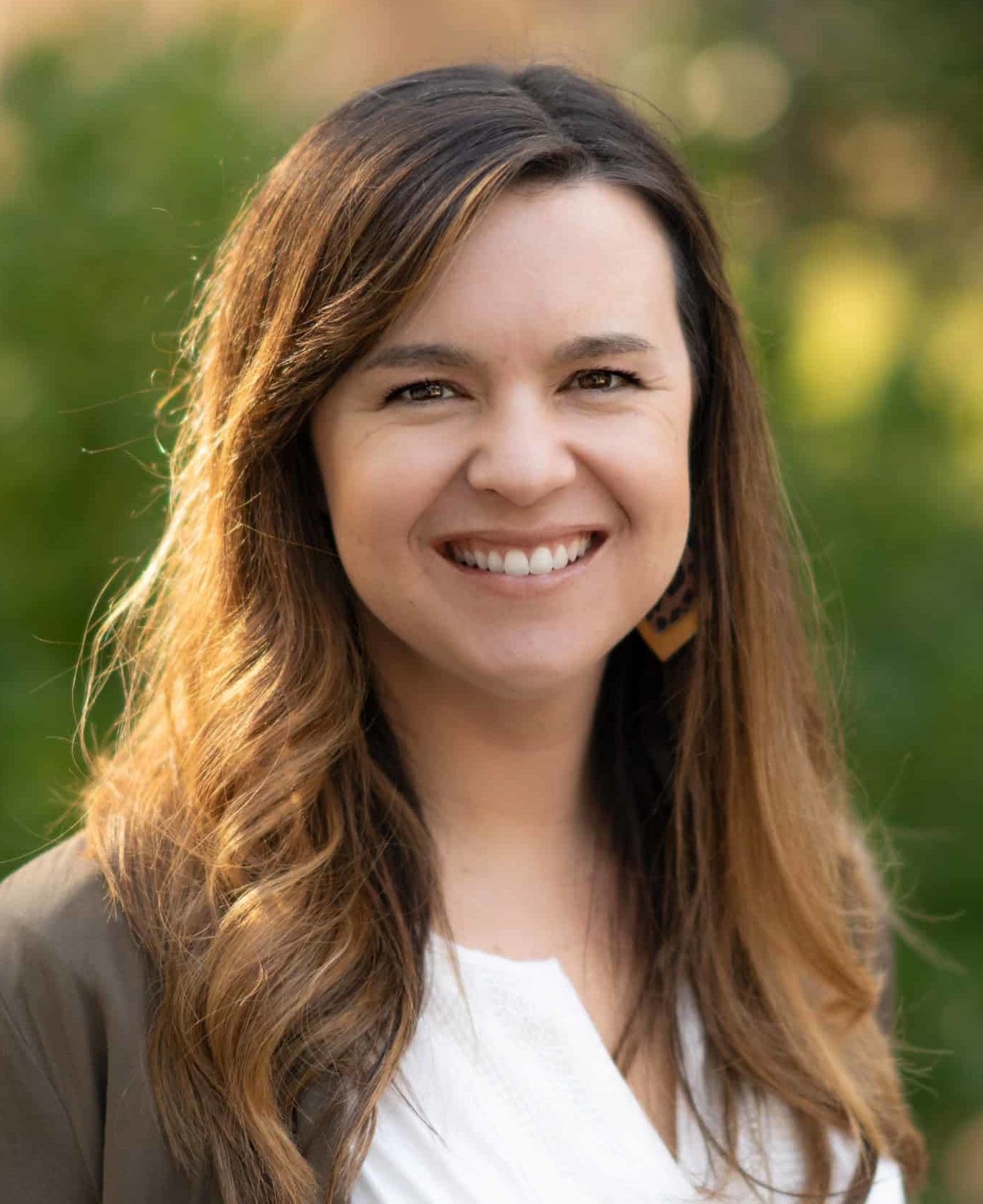I am an American, born to American parents who were born to American parents who were born to American parents. I don’t know that I have any African heritage in my history, though I feel adopted by that beautiful continent by virtue of my time there and my deep love for one of Africa’s sons. I ask for grace to speak about South Africa, and hope to do so with humility, because even after living here for two years, I remain an outsider, looking in. {Foreword side note: I wrote this post a few weeks before we left South Africa last year.}
I‘ve observed more of the complicated nature of the country of South Africa in my last couple of months here than perhaps in the past couple of years of living here. This could be because I have just lately been watching the news, or because we are travelling around South Africa and it is giving me the opportunity to see.
I have noticed a pattern throughout my travels in this beautiful country, and it is one that gives me concern for the country’s future. In different ways, wherever I look, I see evidence that nature is taking over again.

In Bloemfontein, the sidewalks and curbs are crumbling, and the streets are littered with potholes. In Johannesburg, buildings once great and sturdy sites for businesses, have fallen into complete ruin, not even safe for the homeless to live in. We travel the roads with concern, as some have fallen into such disrepair they are almost impassable. In many corners of the country, it seems infrastructure is lacking to fight the bush fires that break out, which means they ravage acres upon acres of land.
There are small and simple examples, too: The children’s play area where we were staying in the Drakensberg was falling apart and clearly not being maintained. Trash was being left outside and the baboons were having a rarely hindered field day.
It is evidence of a simple principle that applies to all of life: without discipline, nature takes over again.
My husband speaks of the South Africa he grew up in, and I see both joy and sorrow in his eyes. It is a place that once was and is not likely to ever be again. On our way up to the Kruger, we pass a picnic area. He tells stories of precious family holiday memories — he and his brother and sister would pile into the backseat of the family car early in the morning, and the family would travel for a while and then stop to enjoy the breakfast they’d packed at one of those picnic areas on the roadside.
A lot of things were wrong then, but some things were right.
Today those picnic areas are no longer maintained, and even where they are, it is not always safe to stop. The one we passed that sparked the story was overgrown with weeds, the table cracked, the cement benches crumbling. “No one will come to repair it,” he remarked with sadness. “And it will just fall into ruin.”
If I had to describe the situation in South Africa at present, I could only use one word: complicated. We had a very positive life experience when we lived in the Western Cape. It is the only province of the country ruled by a political party other than the ANC. When we are there, I feel hopeful about SA’s future.
But in Mpumulanga near Kruger National Park, in the Gauteng and Johannesburg, or in the Drakensberg in the province of KwaZulu Natal, there are so many signs of decay and disrepair, it is more difficult to maintain a sense of hope.
“My family used to take a drive through that valley, up that way,” my husband explains while we’re in the Drakensberg, “but I asked someone at reception, and the roads have eroded so badly, they’ve closed them.”
The truth is, the maintenance of a country takes discipline. To keep the roads in good form requires planning ahead, and hiring individuals who are qualified to build roads. But the political agenda of empowerment has meant that people without the skills and knowledge to successfully build or repair a road are being hired to do so. Thus, the roads that are being rebuilt are crumbling quickly — they have not been built properly, and trucks with oversized loads are travelling them because no one is taking the initiative to firmly regulate the trucking industry.
I understand the desire to attempt to even the playing field, and to give a previously oppressed people group a hand-up, but at what cost? The crumbling of a country? The oppression of another people group?
I remember Mandela’s very important words, spoken after Apartheid had ended and he was elected: “Never, never, and never again shall a people group be oppressed in this nation by another.”
I’m afraid I see evidence to the contrary.
To combat the forces of nature which seek to hinder the prosperity of a nation takes discipline. The discipline to successfully uphold the law in all cases. The discipline to budget and plan ahead for the maintenance of a country’s road and railway systems. The discipline to carefully protect the natural resources which are the country’s greatest wealth, be it wildlife or diamonds or coal (through regulation rather than nationalisation, I would humbly digress to note.)
It takes discipline to keep peace, rather than to pit one people group against another for the furtherance of a political agenda.
Without discipline, nature will succeed in taking back what was once hers. Roads will naturally crumble over time. People will naturally begin to blame one another for their troubles, and violence will be the result. Without discipline, laws will become suggestions or rules that only apply to some of the people some of the time.
Without discipline, nature takes over again.
Do you see evidence of nature taking over again in your own life? I’m planning to share more on this subject tomorrow.
xCC
{You can read part two of this post right here.}

 I create resources to help people find deeper, more meaningful relationships with God through pursuing, pondering, and prayer. The "Shop" link above will take you to the home of many of the lovely resources I’ve created to help you keep walking one day deeper with Jesus.
I create resources to help people find deeper, more meaningful relationships with God through pursuing, pondering, and prayer. The "Shop" link above will take you to the home of many of the lovely resources I’ve created to help you keep walking one day deeper with Jesus.
I am sorry Caroline but I find this post very hard to swallow. I am not sure to what the current oppression is you are referring to. I, in no way disagree with you saying that things are going backwards, but I can’t understand that you ask the cost? South Africa had to change, it was a Christian nation that allowed countless people to suffer the hatred of Apartheid and the apathy of everyone else who stood by and did nothing.
Hi Philippa, I appreciate your comment and am genuinely glad you took the time to share your opinion. I completely agree with you that South Africa had to change and wouldn’t for a second defend the systematic oppression of one people group by another under Apartheid. But from the outside, it appears to me that a different people group is now being oppressed.
During my time in SA I had close friends who tried desperately hard to find work but were unable to because they were white, and that was the wrong skin color for the positions they were qualified to take. I listened to politicians talk about changing the laws so that they could “go into the white man’s house and open the white man’s refrigerator” and I saw policies being enacted that, metaphorically speaking, do just that, and read stories in the newspaper about farms being forcefully taken — which quite literally do just that.
The wrong kind of change — change contrary to the change Mandela had in mind when he spoke the words I quoted above — is very costly change. The cost I’m referring to is the cost of re-dividing the nation with bad politics.
{Returning home, I can see my own country dividing right now — and I know it is limiting our ability to move forward with positive progress.}
I sincerely intend to say these things with humility, knowing I’m an outsider looking in — I am writing as a third-party observer and I know I have a limited perspective. In the follow-up to this post, I hope it’s clear that I believe there is a future for South Africa, and I believe there is hope. I think it is going to take the kind of change that will bring unity, and not more division — and it is going to take a unified and continual, disciplined effort.
I hope that helps make things clear — it is a different kind of oppression, but I think it is still valid to say it is systematic injustice, and therefore, oppressive.
Philipa, I would support every thought that Caroline has written in this post. She actually allowed me to proof this post a while ago and I offered more than a little input. Oppression? Almost 20 years on and BBE is still a policy that makes the rich richer and the poor poorer. Affirmative action oppresses one and lifts another according to a hierarchy determined by the ruling party.
Caroline is by no means supporting Apartheid and the evil it represented. All that she is challenging is the current status quo – the deterioration of a country of beauty with beautiful people as a result of a small group of power-hungry, greedy elite that care little for the country and it’s people and more about their bank accounts and luxury German automobiles.
I think that your comment that ‘everybody stood by and did nothing’ is an over-generalisation. I had just become a Christian as we transitioned from Apartheid to democracy and can contest that there were very many people doing a lot more than just standing by. I clearly remember contending in prayer for a peaceful transition that would bring in a new age of reconciliation to our wonderful country. For a time it seemed that that might happen. More than 20 years on and I struggle to see the Rainbow Nation that Nelson Mandela dreamed off.
I think that this post is subjective certainly, but one that was pondered over and thought through very carefully over the space of nearly two years.
Caroline, thank you for your courage in sharing your heart and thoughts on our dear country. She will always be close to our hearts.